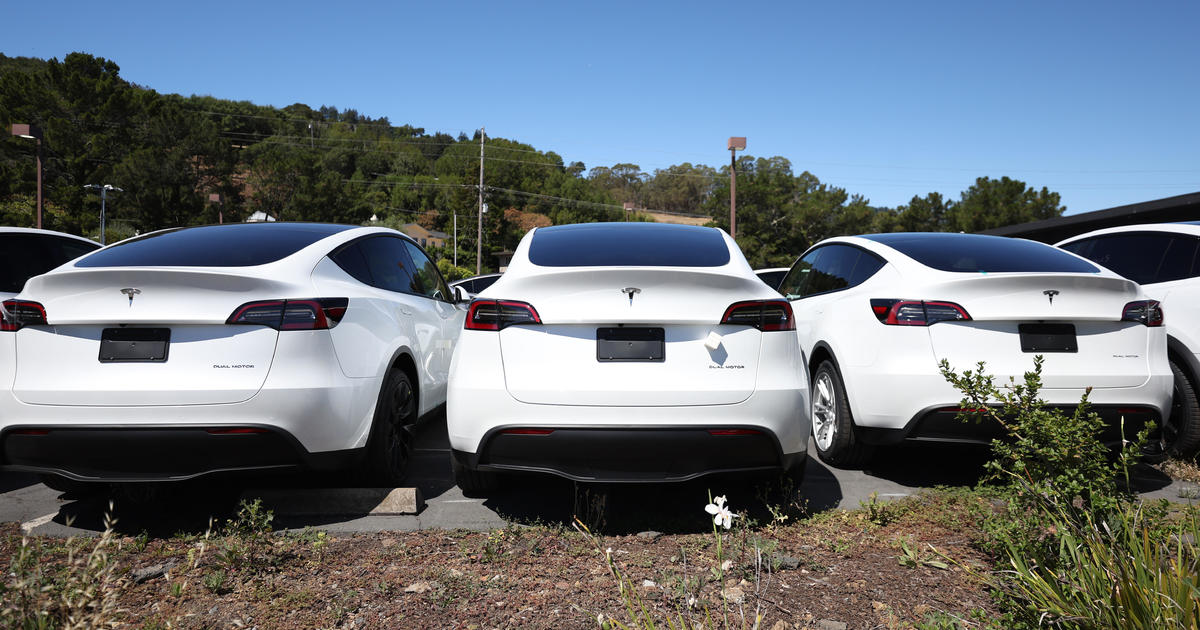Hurricane Milton, a Category 3 storm, made landfall on Florida’s west coast, raising concerns about potential electric vehicle (EV) fires caused by saltwater exposure. This concern stems from previous incidents during Hurricane Helene, where 48 lithium-ion battery fires were reported, including 11 involving EVs. The fire marshal, Jimmy Patronis, issued a warning emphasizing the need to move EVs and other lithium-ion battery-powered devices away from flood-prone areas, urging residents and first responders to be vigilant.
Lithium-Ion Battery Fires: A Looming Threat
Lithium-ion batteries, commonly found in EVs, scooters, hoverboards, and other devices, pose a significant fire hazard when exposed to saltwater. The interaction between saltwater and the battery’s flammable liquid electrolyte can trigger a chain reaction, potentially leading to a fire even hours or weeks after submersion.
Why Saltwater Makes EVs a Fire Risk
- Electrolyte Reaction: The saltwater reacts with the lithium-ion battery’s liquid electrolyte, leading to an exothermic reaction that generates heat.
- Short Circuit: The reaction can cause internal short circuits within the battery, further increasing the risk of fire.
- Corrosion: Saltwater corrodes battery components, compromising their structural integrity and increasing the likelihood of failure.
Fire Prevention and Response Measures
- Relocate EVs and Lithium-Ion Devices: Moving these devices to higher ground or safe locations away from potential flood zones is crucial to minimize the risk of water damage.
- Unplug Devices: Unplugging EVs and other lithium-ion devices prior to a storm can help prevent further complications, especially if floodwater reaches them.
- Move Vehicles Away from Residences: After the storm, flooded EVs should be moved to safe locations away from homes to prevent potential fires from spreading to residences.
- Avoid Towing: Toeing a waterlogged EV can create instability and further exacerbate the risk of battery fires.
The Impact of Previous Hurricanes
- Hurricane Ian (2022): Estimates suggest 3,000 to 5,000 EVs sustained damage during Hurricane Ian, with 600 totaled and 36 catching fire.
- Hurricane Helene: The fire marshal’s statement cited 48 reported incidents of lithium-ion battery fires, highlighting the potential dangers of floodwater exposure.
Take Away Points
- Flooding poses a significant risk to EVs and other lithium-ion battery-powered devices.
- Moving these devices to higher ground and unplugging them prior to a storm is essential for safety.
- Saltwater damage to lithium-ion batteries can cause fires, even hours or weeks after the event.
- First responders should be extra cautious while dealing with waterlogged EVs due to the potential fire risk.
- Insurance companies and local authorities are actively working to raise awareness about this hazard and provide guidance to homeowners.




